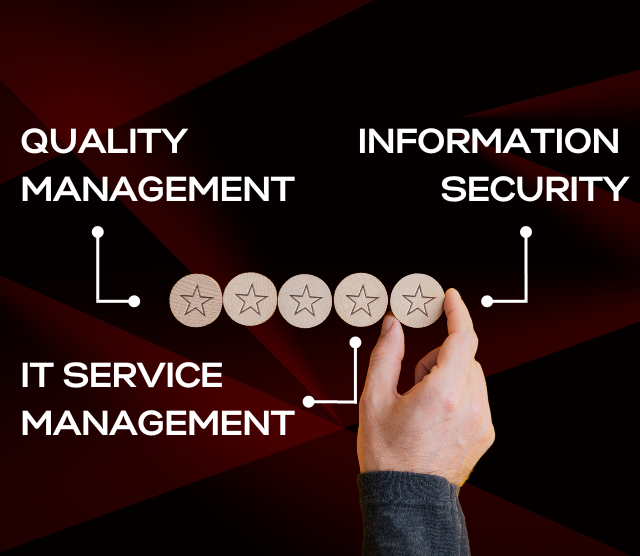In the ever-evolving digital landscape, businesses are increasingly recognizing the strategic importance of data. A well-defined data strategy not only unlocks the full potential of your data but also aligns seamlessly with overarching business goals. At IDS Consulting, we understand the pivotal role of a robust data strategy, and in this article, we’ll explore practical steps to ensure your data strategy is not just a plan but a catalyst for business success.
Understanding the Significance of Data Strategy
A data strategy serves as a roadmap, guiding organizations in harnessing the power of data to drive informed decision-making and gain a competitive edge. It involves defining clear objectives, establishing governance frameworks, and implementing effective data management practices.
Practical Steps for Building a Data Strategy:
Define Clear Business Objectives:
Start by aligning your data strategy with overarching business objectives. Identify specific goals such as improving customer satisfaction, enhancing operational efficiency, or driving innovation.
Conduct a Comprehensive Data Assessment:
Assess the current state of your data. Identify existing data sources, evaluate data quality, and understand data dependencies. This assessment lays the foundation for targeted improvements.
Establish Data Governance Framework:
Implement a robust data governance framework to ensure data quality, security, and compliance. Define roles, responsibilities, and processes to maintain data integrity throughout its lifecycle.
Identify Key Performance Indicators (KPIs):
Define KPIs that align with your business goals. Whether it’s measuring customer engagement, operational efficiency, or financial performance, clearly defined KPIs provide a measurable way to track progress.
Implement Data Integration and Architecture:
Create a scalable and efficient data architecture that supports seamless data integration. Integrate data from various sources to provide a unified view, enabling comprehensive analysis.
Invest in Data Analytics and Visualization Tools:
Leverage advanced analytics tools to extract meaningful insights from your data. Implement visualization tools to communicate data-driven findings effectively across the organization.
Encourage a Data-Driven Culture:
Foster a culture where data is viewed as a strategic asset. Provide training and resources to empower employees to make decisions based on data, promoting a data-driven mindset across the organization.
Regularly Review and Update the Data Strategy:
The data landscape evolves, and so should your strategy. Regularly review and update your data strategy to adapt to changing business needs, technological advancements, and industry trends.

How IDS Consulting Can Help:
At IDS Consulting, we specialize in developing and implementing data strategies that align seamlessly with your business objectives. Our team of experts offers comprehensive consulting services, covering data governance, integration, analytics, and more.
Conclusion: Unlocking Business Success with Data
A well-crafted data strategy is not just a buzzword; it’s a roadmap to business success. By aligning your data strategy with overarching business goals, you empower your organization to make informed decisions, drive innovation, and stay ahead in a data-driven world. Contact IDS Consulting today to embark on a journey of building a data strategy that propels your business towards new heights.
Let’s discuss further more on how we can help you. Contact us now!


























